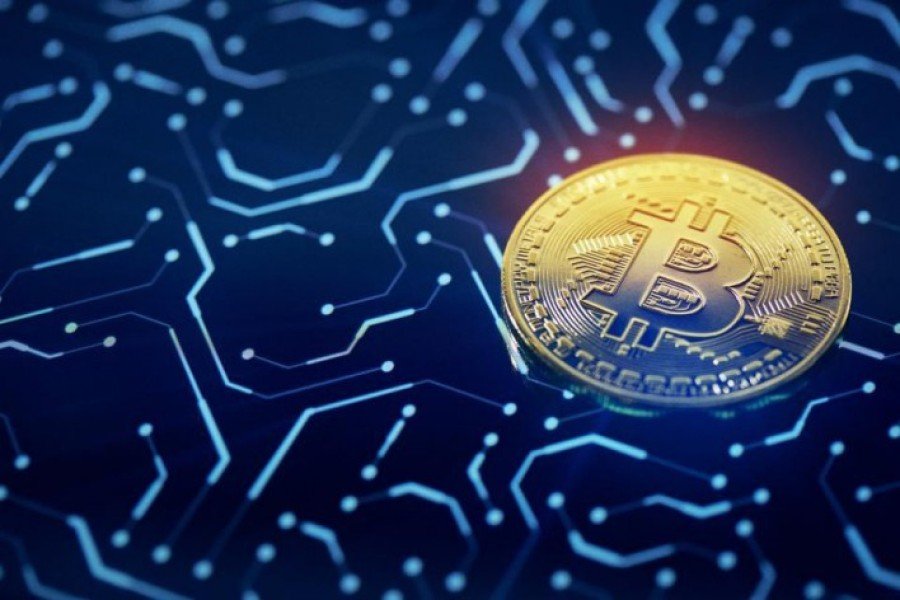 12, Nov
12, Nov
What is Bitcoin Mining?
Bitcoin mining is the process of verifying and adding new transactions to the Bitcoin blockchain, the public ledger that records all Bitcoin transactions. It's a crucial component of the Bitcoin network, as it allows for the secure and decentralized transfer of value.
In traditional fiat currency systems, central banks and governments are responsible for regulating the money supply and verifying transactions. However, Bitcoin operates independently of these institutions, relying on a network of computers around the world to validate transactions and maintain the integrity of the blockchain.
Bitcoin mining involves solving complex mathematical problems to validate transactions and create new blocks, which are then added to the blockchain. The miner who solves the problem first gets to add the new block and is rewarded with newly minted Bitcoins and transaction fees.
The process of mining is energy-intensive and requires powerful computers that can perform complex calculations quickly. Miners use specialized hardware, such as graphics cards or ASICs (Application-Specific Integrated Circuits), to solve the mathematical problems and compete with other miners to validate transactions.
The benefits of Bitcoin mining include:
- Security: Miners help to secure the Bitcoin network by verifying transactions and ensuring that the same Bitcoin is not spent twice.
- Decentralization: Bitcoin mining allows for the decentralized transfer of value, without the need for intermediaries like banks or governments.
- Incentivization: The reward system incentivizes miners to continue validating transactions and maintaining the integrity of the blockchain.


